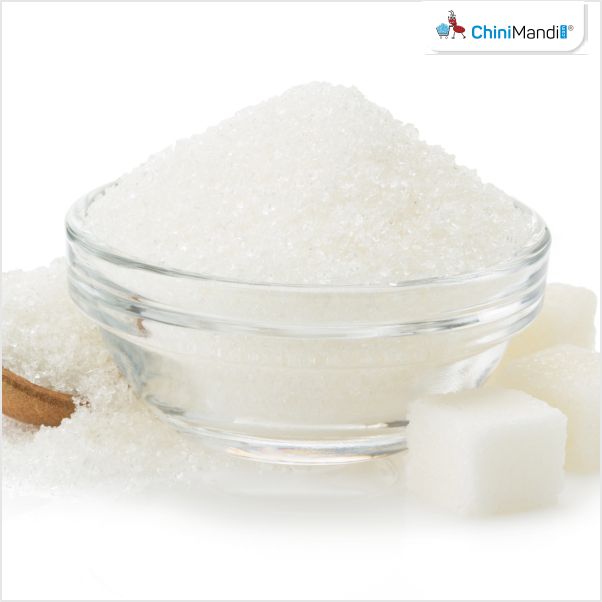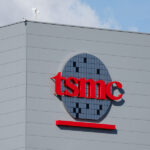Lucknow: To improve efficiency and transparency in the public distribution system (PDS), the Uttar Pradesh government has implemented two key measures aimed at curbing fraudulent transactions and uncovering issues such as overcharging, under-weighing, and shortchanging in ration distribution, reported Hindustan Times.
The first step involves a mandatory one-minute pause between two transactions made by ration dealers using electronic Point-of-Sale (ePOS) devices. This rule is intended to curb fake entries and prevent manipulation of the system.
“Just like how ATM transactions are spaced out for security, we’ve implemented a one-minute gap between each transaction to stop dealers from making fake or duplicate entries,” said Ranvir Prasad, Principal Secretary, Food and Civil Supplies.
As per the news report, officials said that in several cases, dealers were found processing multiple transactions in quick succession using saved biometric data, even when beneficiaries were not present.
“This time gap will make sure each transaction is genuine and in real-time. It also helps us identify any unusual patterns in the data,” added a senior department official.
The government believes that slowing down transactions will make it harder to commit fraud, ensuring that only eligible individuals receive benefits under the National Food Security Act (NFSA).
Meanwhile, a second initiative has exposed a more serious concern. The government has begun calling ration beneficiaries at random to gather feedback on their experience at fair price shops.
Initial responses have showed that many dealers are overcharging families, particularly those under the Antyodaya Anna Yojana (AAY), which supports the state’s poorest citizens.
Under this scheme, over 40 lakh families in the state are entitled to receive three kilograms of sugar every three months at a subsidised price of Rs. 18 per kilogram. However, several beneficiaries reported being asked to pay more than the official rate.
“We now call people at random and ask simple questions — like whether the dealer is polite, gives the correct amount of ration, and charges the right price,” said Prasad. “Some have told us they were charged more for sugar, and others mentioned receiving less than they were supposed to.”
He added that strict action would be taken in response to such complaints. “District officials have been told to look into all reports of overcharging, under-weighing, and misbehaviour immediately and take corrective steps.”

















